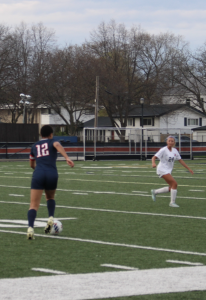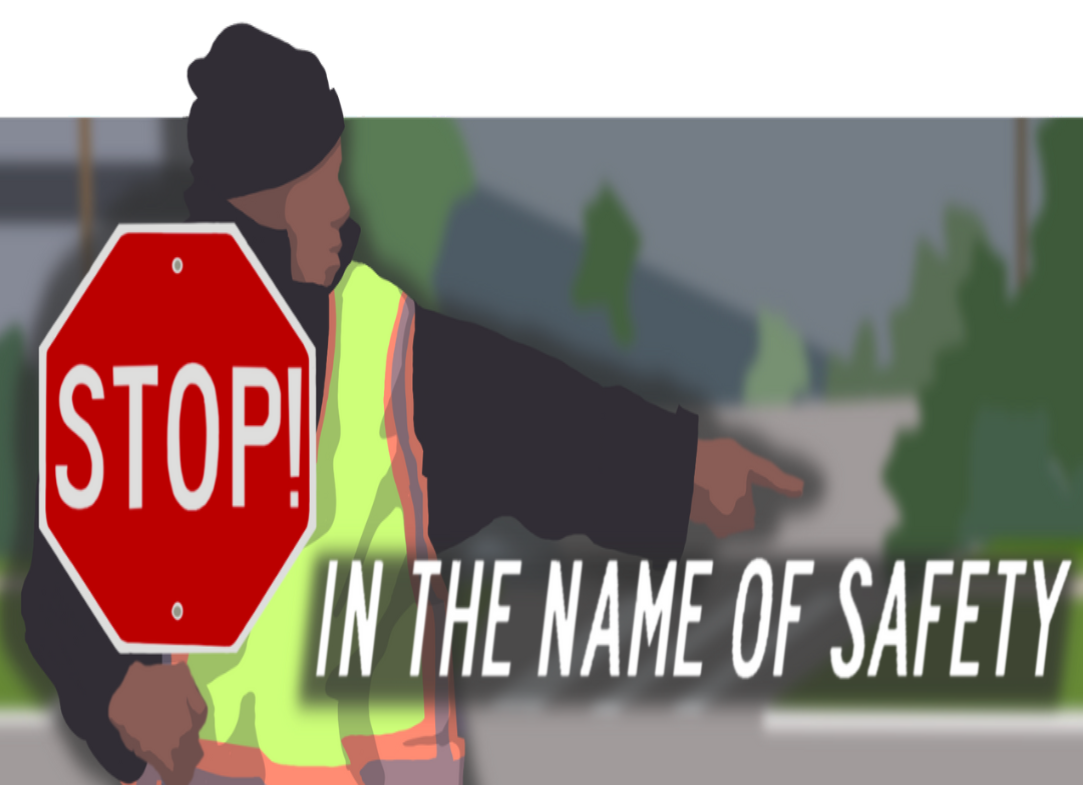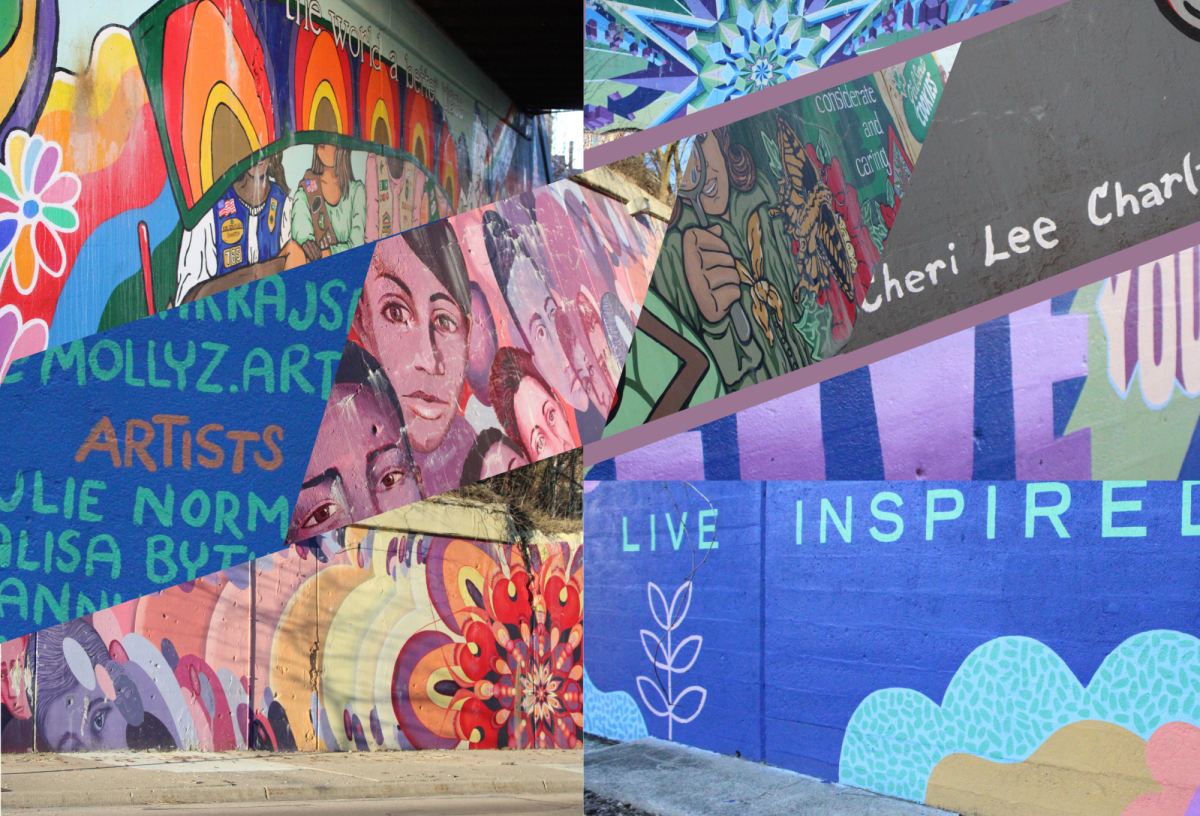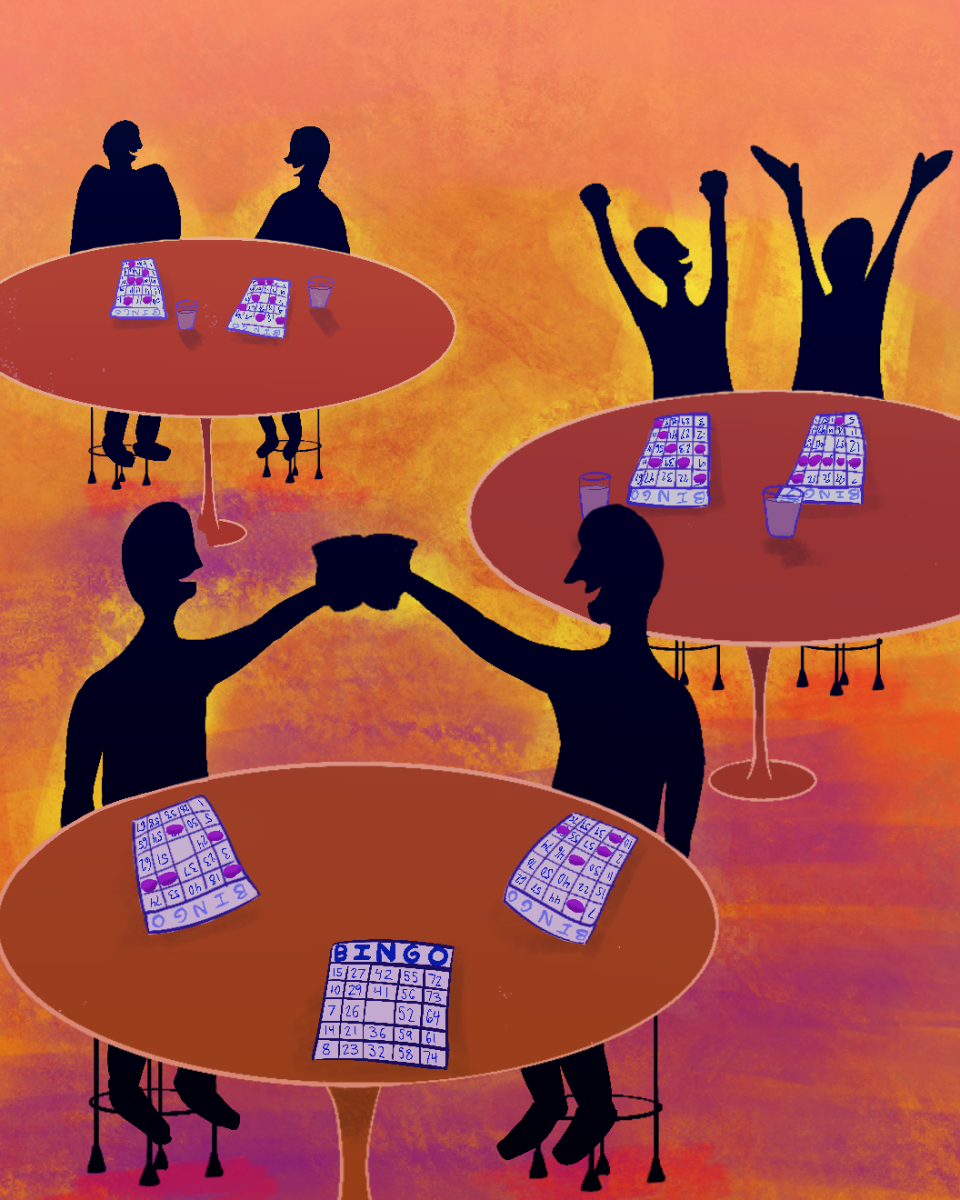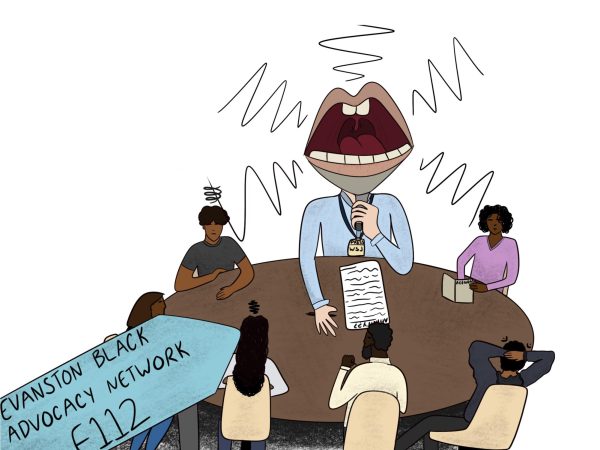History courses need current events focus
February 22, 2018
The creation of a new Civics history course for sophomores ensured that students would actively learn and discuss today’s news. This idea, however, should be implemented into all history classes at Evanston so that all students are consistently educated on current issues.
Current events shape the world around us; therefore, students need to be informed about the issues that affect them daily and understand how to analyze those issues. The critical thinking and interpretation skills that are so valued by most educators need to be accessed in other ways than just English essays and DBQs. The opportunity to interpret real life situations, which strengthens these critical thinking skills, is missing in many ETHS history classes.
A 2017 study done by The Annenberg Public Policy Center found that only 26 percent of Americans can name all three branches of government and 53 percent of Americans incorrectly think that illegal immigrants don’t have any rights under the constitution. In other words, most citizens do not know the basic facts of the U.S Constitution and thereby, don’t understand what their rights and the rights of others are, which makes it difficult to understand what is at stake when interpreting current issues.
For history courses at ETHS to combine the traditional approach of studying the legal and societal foundations of today’s world with an emphasis on current news and culture stories of the world provide context and comparitson of the actions of the current US administration, Congress and public.
A Pew Research Center study found that only about 55.7 percent of the US voting age population voted in the 2016 election. This is a slight increase from 2012, but still far less than other developed democracies, meaning that not only are many voters uninformed on the modern applications of our history, but also that the importance and necessity of voting in today’s world may not be properly communicated in the classroom.
Teaching current events along with the Constitution allows students to apply the Constitution in real life situations, which will prepare them for voting after high school and give them a better understanding of their place and rights in the communities around them.
In today’s political climate, with a news cycle dominated by accusations of fake news and an increasing distrust in the media, it is up to citizens to determine the validity of news. To do this, people need to be educated and exposed to current events during high school, so that when students graduate, they have studied current media enough to make informed decisions on civic involvement and action.
Of course, current events are not just applicable when students are learning about the Constitution during their sophomore year. Events taught in all history classes should be consistently tied back to current events, which would increase the significance of those historical events and expose students to a variety of views on a given moment, event or text.
This could be in the form of a class discussion each week on one or two current stories, a weekly assignment for students to research a current issue they care about. My Civics class has a discussion every Friday about two different current events which students choose and prepare questions about; this setup works well when all students are engaged in the discussion. If implemented into all history classes, a similar method would improve students’ awareness and interest in current issues.
Attempting to avoid the news cycle for any reason is neglectful of civic responsibility; all students have a duty to be informed about the world around them and the incorporation of current events into more history classes gives students this opportunity to be educated.




